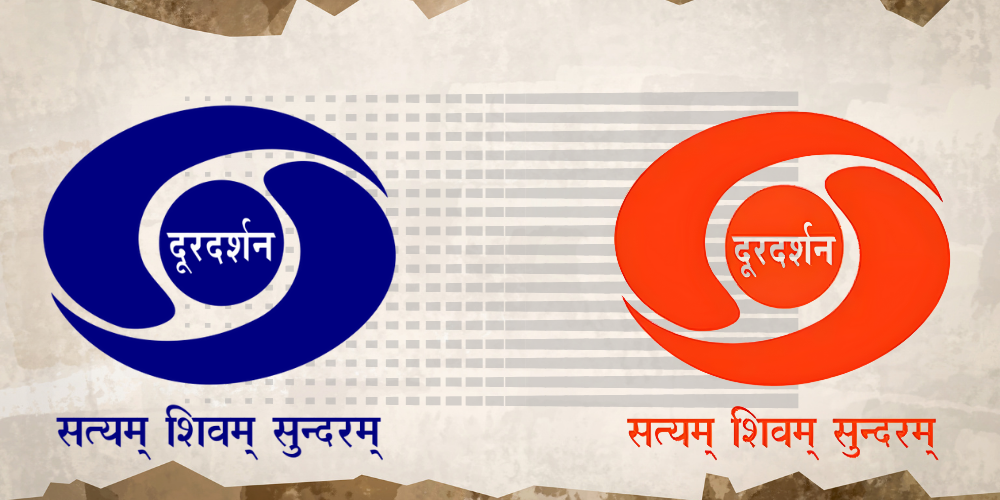5 creative traits to look for in potential hires (and how to test for them)
It is no secret that creativity is something that all employers seek out in potential hires today. Creativity is an all-encompassing trait that will allow to you to merge into an organisation and work your way up efficiently. According to an IBM survey of 1,500 CEOs, creativity emerged on the top of a list of desired leadership traits. However, it is most difficult to define this trait. It can include those who have an artistic or visual bent of mind; it can be someone who can articulate their ideas well; it could also include someone who can implement good ideas most efficiently. Creativity could also be an attitude – of being open to embracing risks, not being worried about profits and being curious enough to tread the path less travelled. So the mammoth task that lies ahead for employers and hiring managers is to spot and hire such people who exhibit qualities that add up to creativity.

Here are a few traits to look out for in your potential hires along with a few tips on how to look out for these traits:
Curiosity
Curiosity can be seen as the bedrock of creativity. Naturally curious people are eager to ask questions, learn more, initiate innovation and expand their perspectives with time. Curious employees remain updated in their specific fields and seek out newer information to hone their skills to ensure better results.
What to ask: The first measure of how curious a potential hire is how much he/she already knows about your company. You could also try asking them about something new they have learnt outside their area of expertise. Learning a new language, picking up a new hobby or trying out a new thing all reflects on curiosity. And then there is the golden finishing line – ‘do you have any questions for us?’ Not having any questions is a red alert unless they have already asked enough questions throughout the interaction.
Presence of mind
Creative people are usually good at solving problems and offer solutions that go beyond conventionally used ones. They are also able to arrive at these solutions quickly. They do not look at problems as obstacles in their course but as opportunities they can learn from.
What to ask: Ditch the ‘sell me this pen’ routine because you are not always looking for a salesperson. Instead, ask them questions that present them with real situations that will offer you an insight into the candidate’s thinking. For instance, ask them how they would go about finishing a task if they are given only half the time required to do it. Their answer should reflect on how they deal with the stressful situation, how they manage time and what innovative solution they bring to the table to complete the task without compromising on quality. It is a good sign if they say they will ask for help, as creative people are good at collaboration and teamwork.
Proactiveness
Sometimes, your potential hire may not have the required experience, but being proactive is a good indicator of creativity. When stuck in a difficult situation, creative people do not give up if they have to do something they are not familiar with. They are willing to go the extra mile, educate themselves on what it takes to get the task done and are willing to take action in a direction that yields results.
What to ask: Ask about instances in which they have taken the initiative to get something done or start something new. Look for their ability to make the best use of what is given to them and their willingness to learn something even if it falls outside their purview of their area of specialisation. Ask questions like ‘what would you do differently if you were heading this company’, to know of their willingness to be proactive and take up responsibility in the future.
Communication skills
Great ideas are pointless unless they are articulated well. Creative individuals must be able to articulate their ideas well to convince others as to why their idea will work or why they should put their efforts in it. Also, communication is not just about knowing what to say. It is also about knowing when to stop talking, knowing how to listen effectively and knowing what to avoid while still putting your point across.
What to ask: Ask them to explain a simple task from their own field. The emphasis here is on how well they can make a hiring manager, who need not necessarily be aware of the task, understand it in the simplest possible way. Can they put their point across effectively? Do they communicate with grace and economy? Are they engaging and energetic? These are some of the things to look for in their response.
Risk-taking
Creative people take pride in pushing the envelope and stepping out of their comfort zones to arrive at solutions to problems they face. They are not scared to think unconventionally and are open to taking risks. This means they are also ready to face failure. They do not believe in doing the same thing day in and day out and are always up to try new things.
What to ask: Ask them to describe a situation in which they took a risk or a controversial standpoint and still failed. You could also ask them if there has been any instance when they were wrongly blamed for their team’s failure when it was clearly not their fault. What you need is someone who is ready to make lemonade out of the lemons thrown at them, not someone who regrets taking a risk because they failed and definitely not someone constantly broods over failure and blames someone else in their team for it. Creative people do not mind taking up ownership or responsibility.
Remember to keep these traits in mind when you are hiring next, because it pays to spend some time on choosing the best possible person for the job. It takes only one toxic employee to drag others down. Hire those who think differently because you do not want to end up with a team with the same capabilities and who can think only in a single direction. Identifying the perfect and most creative candidate is not easy. Asking the right questions is the first step to achieving this.











